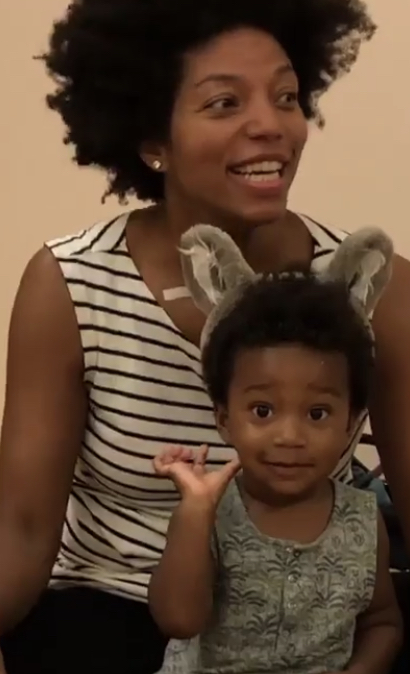By Lora Heller
I know life changed when I entered parenthood. And then (years later!) just when I thought I was an empty-nester (mixed feelings!), the pandemic hit.
Helicopter parenting took on new meaning when Covid hit and parents really had to spend 24/7 with their kids. We all might have loved to just take off into the sky but found ourselves required to hover – to support schooling, provide entertainment, be emotionally present, administer medical and mental health care – everything we’ve always done but perhaps now ‘on steroids,’ as we navigated new ways to cope overall.
For some who had to give birth without a partner at the hospital, entering parenthood might have felt lonely, even scary. The days and weeks that followed during the continued lock down were isolating – though it may have been a source of joy for some families, with fewer worries surrounding parental leave ending and having to return to work.
Many ‘pandemic babies’ have spent much of their lives so far with minimal social interaction – even visits with grandparents and other extended family members, whether living nearby or not, might have been limited to face time calls. Some people created small pods including one or more additional families who interacted with few other people, minimizing possible Covid exposure while offering social-emotional support to one another.

Secure and healthy attachments develop through reciprocal play, engagement, shared attention – such as singing and reading together. Additional time at home has helped to foster those moments, with an opportunity to slow down and really spend time together face to face. In many ways, pandemic babies are thriving as a result – though parents and primary caregivers may need more breaks. With secure attachment comes the willingness and ability to play independently, providing that moment to breathe, maybe even to read the newspaper or a book for a few minutes.
As a parent, teacher, and mental health professional, I can offer some recommendations as we wobble back and forth between pandemic policy and parenting – here are just a few:
1. For babies and young children, maintaining routine while introducing something new (toy, game, book – or place for a diaper change, order of the bedtime routine, foods such as breakfast for dinner) can provide familiarity and comfort along with the opportunity for the whole family to practice adapting to change.
2. For school age and older kids, scheduling alone time and family time can help to provide the support and the privacy needed as policies and social opportunities are constantly evolving.
3. For the whole family, finding ways to practice self care that feel natural – such as taking walks or bike rides through the park (alone or together), having a catch, putting on a record (or Spotify!) and singing or dancing together, putting bubbles in the bath – can help to reduce stress and foster additional bonding.
How have you been adapting and adjusting over these past two years? Reach out to us if you are looking for additional ways to cope, including joining us at Baby Fingers in person or live online.

